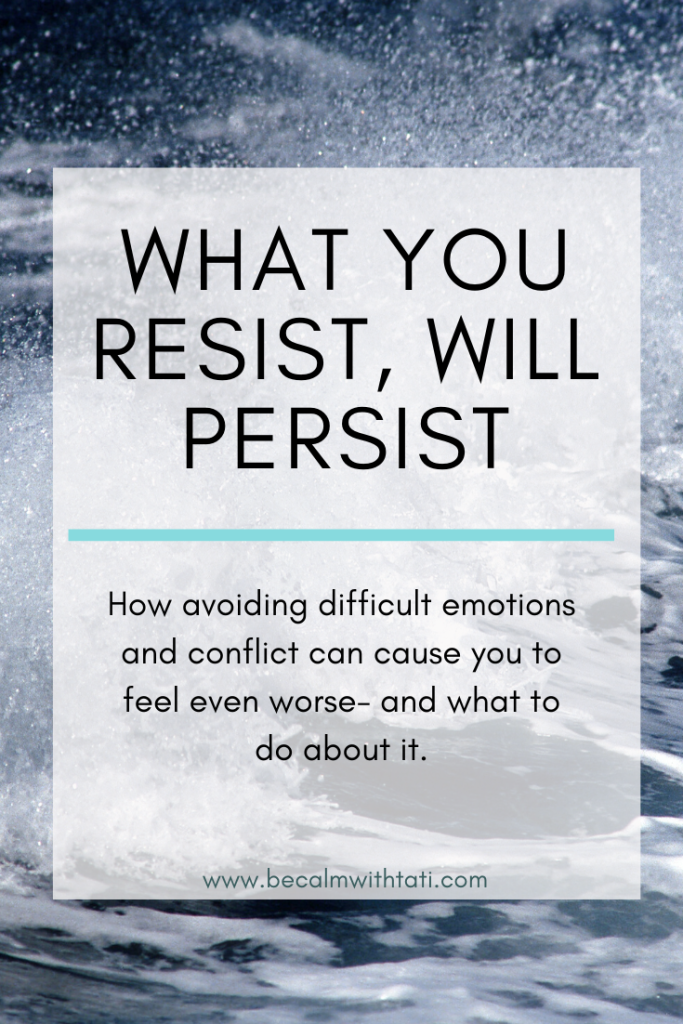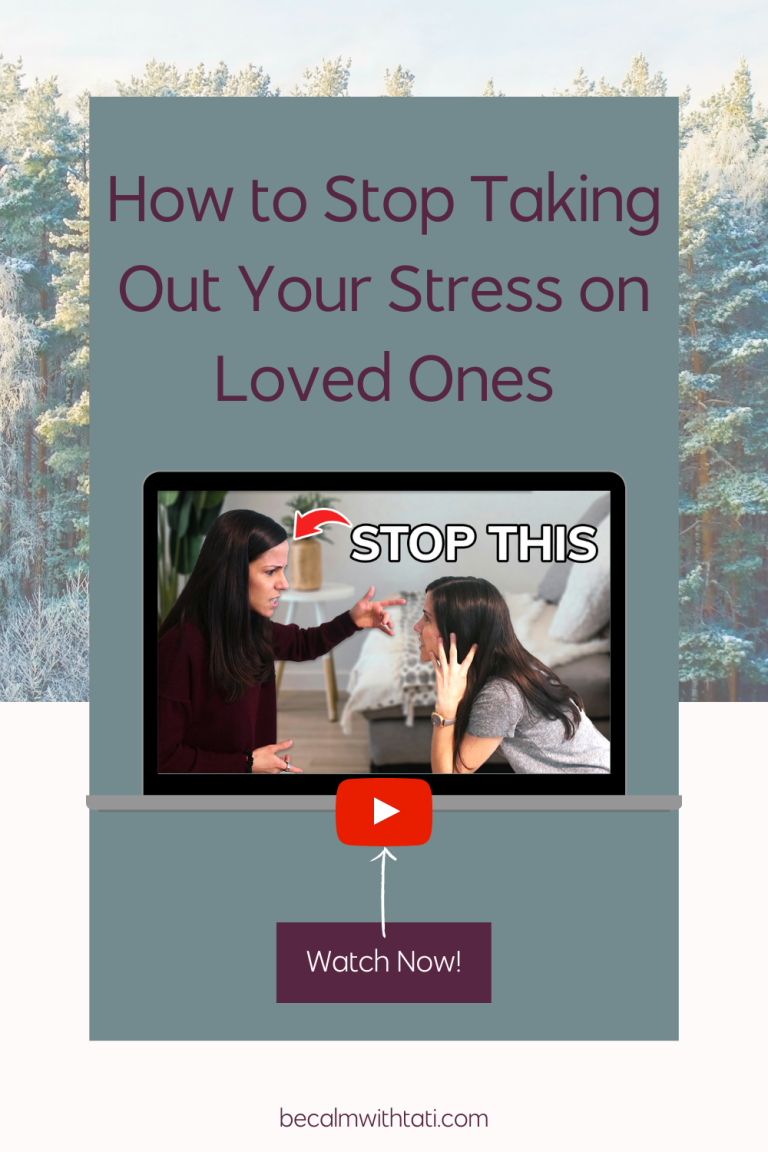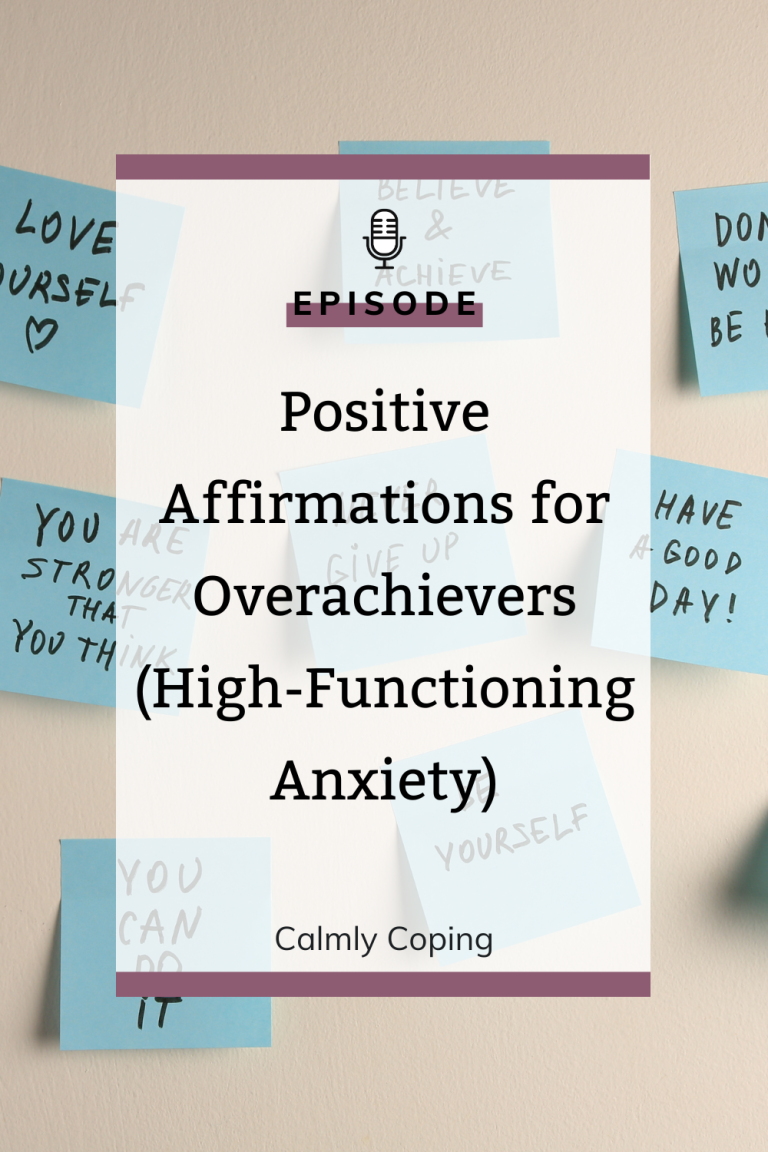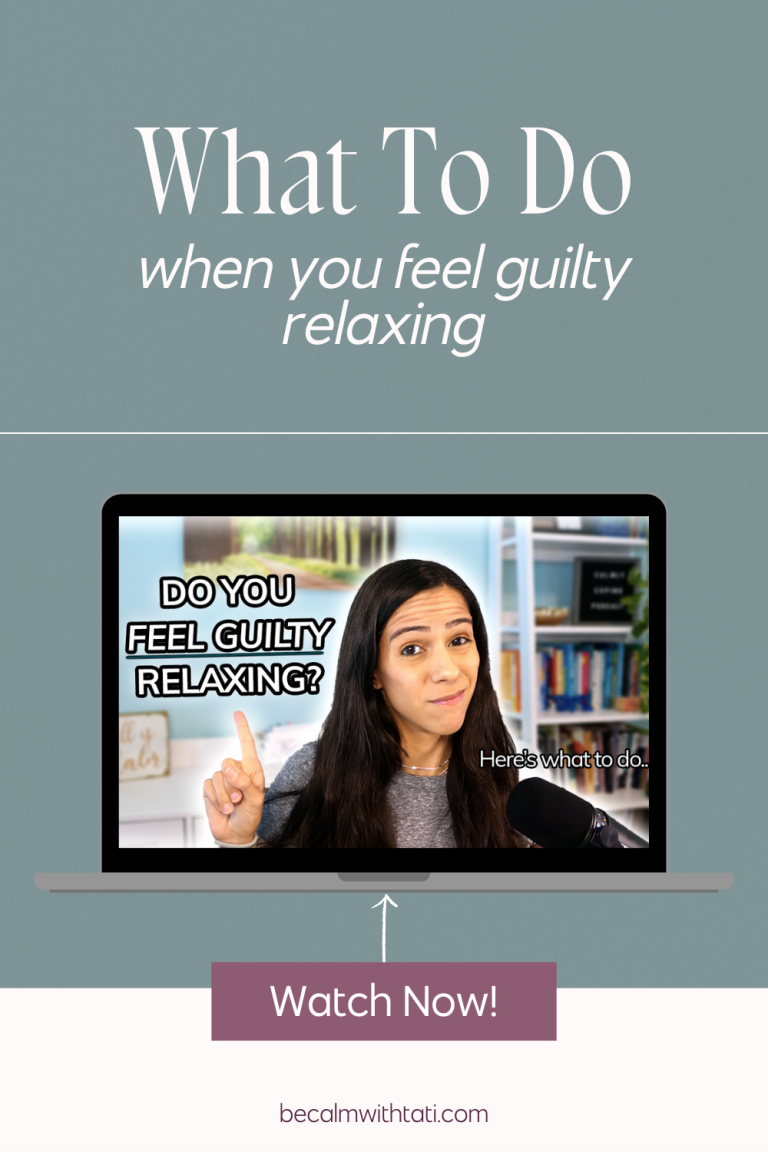How Avoidance Makes Things Worse
Nobody likes feeling uncomfortable. That is the essence of the word… it is the opposite of feeling comfortable, safe, and supported. So it makes sense that you would want to avoid uncomfortable feelings. But is this worse for you than you think?

What is avoidance?
Avoiding things is a way of escaping or not facing your problems or your feelings. When a person feels as though they are in danger or there is a difficult situation they have to face there are often two common responses- stay and face the problem, or flee and run away from the problem.
Facing your problems can be scary. This is when the discomfort that you are experiencing can intensify and worsen. So why would anybody want this to happen? Well, many times it is necessary to face your problems in order to overcome them.

Avoiding Conflict
For example, you are frustrated that you constantly have to wash the dishes for your roommate. But you choose to suffer in silence and resentment. You continue to let the dishes pile up for as long as you can take it, hoping that your roommate will get the message
How can they really be okay with living in this filth? Don’t the notice the huge mess in the kitchen?
But at some point you have to make food and use the dishes that are sitting dirty in the sink. So you bite your tongue and do the work. Your annoyance and frustration is building up under the surface, but you choose to stay quiet and avoid discussing the issue with your roommate. You don’t want to cause conflict and you don’t want there to be tension in your relationship.
But it is impossible for this tension to just disappear. It comes up in other aspects of your relationship with your roommate. It is hard for you to be as genuinely nice to your roommate as you used to be. They sense that something is up but you avoid it.

Then, you come home late from work one night and just want to make your dinner and relax. The dishes are piled high again. You are finally sick of it and burst into your roommate’s bedroom and start yelling that you can’t believe the dishes are never cleaned in the sink. How can your roommate be so inconsiderate?
Your roommate is surprised and taken off guard because they had no idea this was a problem. It becomes a tense argument after your roommate starts to become defensive. The problem is blown way out of proportion because you wanted to avoid conflict
Now obviously this is only one example of what could potentially happen when you avoid conflict or avoid facing problems.
Avoiding Emotions
Another aspect of avoidance can be avoiding the emotions you experience. It is a common belief that being emotional is uncontrollable. Many people are also fearful of allowing their emotions to show because it makes them feel vulnerable
Maybe you can relate to this, or you have felt this way in the past. There is no denying the fact that there is a difference between the rational, logical side of thinking, and the emotional side of thinking.
When you are using logic to make decisions you are usually looking at facts and proven information to come to certain conclusions
When you are using emotions to make decisions you are usually acting based on how you feel and what your gut or your senses are telling you.
Many people prefer making logical decisions because there is not as much room for error. Being emotional is seen as being out of control and not necessarily logical.
The Benefits Of Negative Emotions
Your emotions can be immensely helpful. We experience emotions to help us interact with others and the world around us. Emotions tell us when a situation may be dangerous, when we may want to make a change in our lives, or when we have a connection with another person- to name a few examples.
Ultimately, it is best to use both emotion and logic to come to conclusions and make decisions- especially important ones. Therefore, it is essential not to just avoid or ignore emotions.
Nobody likes feeling sad, angry, anxious, irritable, frustrated, depressed, or any number of negative emotions. They feel bad, but they feel bad for a reason. The benefit of negative emotions is to motivate you to make a change.

When you feel angry about something, that emotion can be beneficial if you are then prompted to change the way you approach a situation.
Anger As A Motivating Emotion
For example, maybe you are treated unfairly at work. Maybe you put equal effort into a project with a coworker and you notice that your coworker is receiving all of the praise and acknowledgment.
You may feel angry because you surely know that you put a lot of hard work into this project. As a result, you may feel motivated to speak to your boss about the importance of receiving praise for the work you put in. This can help your boss notice what you need in order to feel as though you are a valued employee, and can help you feel less resentful towards your coworker and boss.
It is very important to keep in mind that your emotions are not facts and cannot always be trusted completely. This is especially true when your emotions are based off of fear, insecurity, and doubt. That is why it is essential to use a balanced approach of both facts and emotions to evaluate situations.
This does not mean that the emotions of fear, insecurity, and doubt are not important. They must be acknowledged and accepted just like any other emotion. Just think twice before basing important decisions off of these emotions- they are usually barriers to getting what you want.
What Happens When You Avoid Emotions?
If you continue to ignore your negative emotions, it will build up inside of you. This is similar to the situation in which I discussed the frustration with your roommate not washing their dishes.
In addition to conflict in your relationships, emotional avoidance can also result in any of the following:
- Difficulty sleeping/sleeping too much
- Overeating
- Alcohol/drug use
- Excessive spending
- Binge television watching/technology addiction
- Lack of motivation/energy
There are two ways that emotional build-up can be expressed:
- Externally: This usually comes out in your relationships and interactions with others. You either come off as angry, irritable, frustrated, etc.
- Internally: You tend to unconsciously seek activities or things to distract you and make you feel good. These are also known as negative coping techniques and may help you feel better in the short-term, but will ultimately cause you to feel worse in the long-term.

Practice Acceptance
I am sure you have experienced the negative consequences of avoiding conflict and avoiding negative emotions. It is okay to go through this- it means that you are human.
The first step to improving how you feel and facing your emotions is actually acknowledging them for what they are.
Be kind to yourself. Notice your negative emotions and where they may be stemming from.
Then, find a way to process this emotion. This can include:
- Journaling– Write about the emotion, what exactly you are feeling, and why you are feeling this way. Remind yourself that emotions are not permanent and this is just an experience that is passing through you.
- Talking– Talk to a friend, family member, coworker, or anybody you trust about how you are feeling. The most important thing is not for this person to necessarily give you advice, but just for them to listen so you can express what is going on for you.
- Meditating– Take a seat or lie down and start by focusing on your breath. Then, think about the difficult situation or emotion. Focus on it and notice if you feel the tendency to run away from it. Notice any thoughts or bodily sensations. This is a great article for more detail on meditating with difficult emotions. You can also search Google or your favorite meditation app for a meditation specifically on difficult emotions.
- Get creative– Express how you are feeling through an artistic means. This can include drawing, painting, creative writing, or any other medium. Be sure to focus on how you are feeling during the process.
- Do something– If the above are helpful, but are not enough to shake the feeling- then you must do something. This is applicable in a situation in which your emotion may be driving you to make a change or talk to somebody. Use your judgment, and be sure to think about the facts and logic in the situation. Don’t act hastily and purely off of emotion, but use your emotion to guide how you should proceed.
Emotions are complicated. But it is a sure thing that avoiding your emotions and/or conflict will never end well. I hope the tips above were helpful and that you can apply even one of them to your life.
Please let me know in the comments below if you have any additional tips for coping with difficult emotions.














